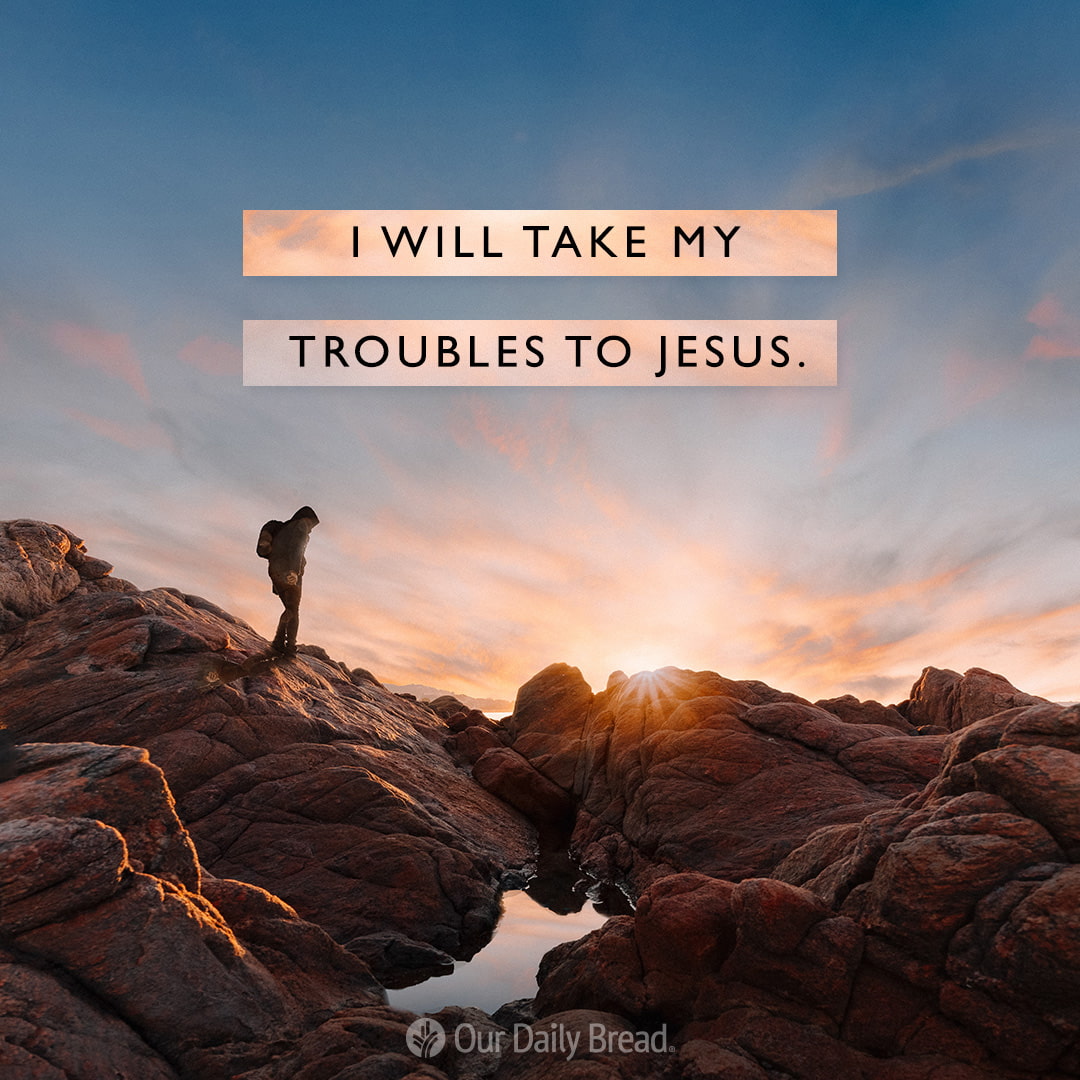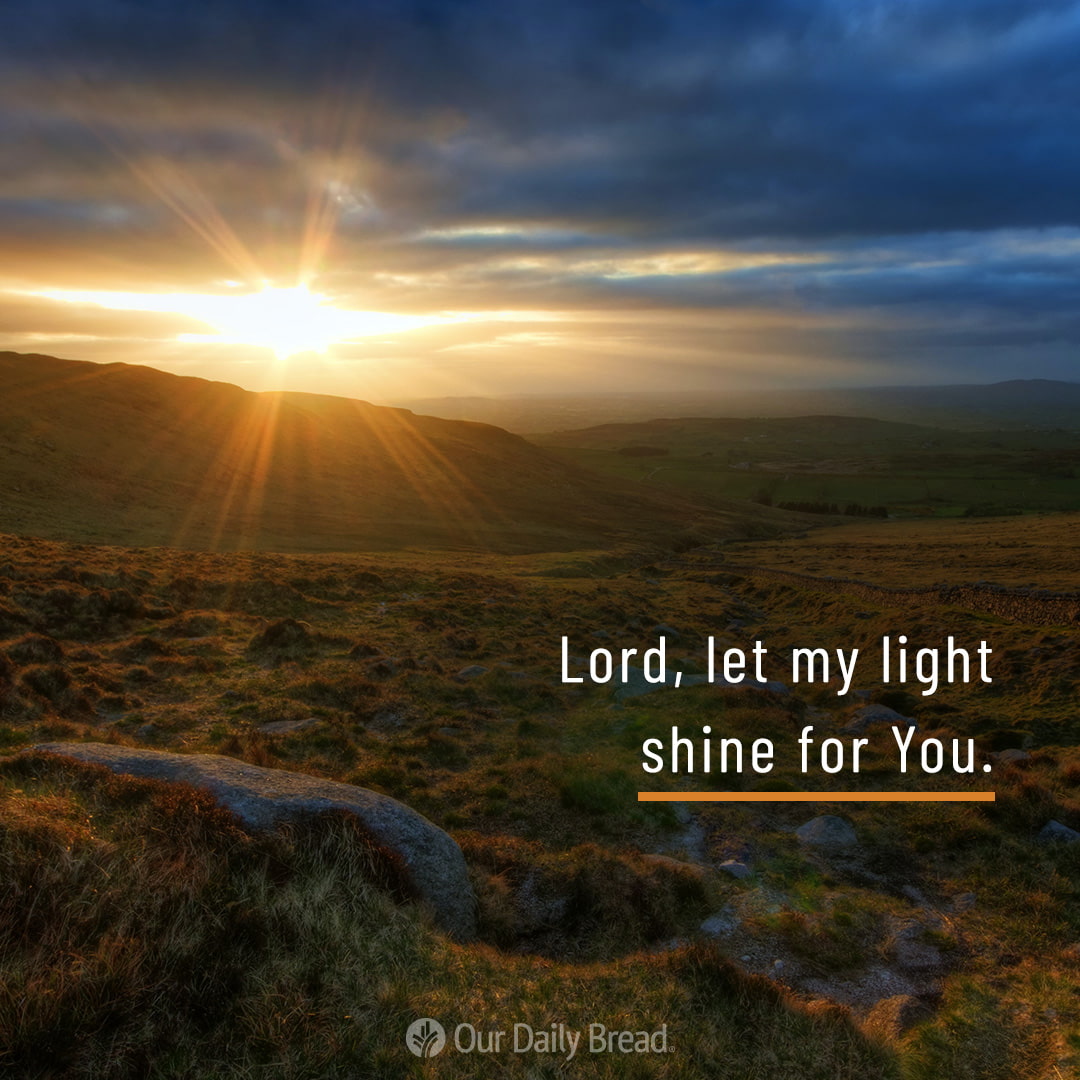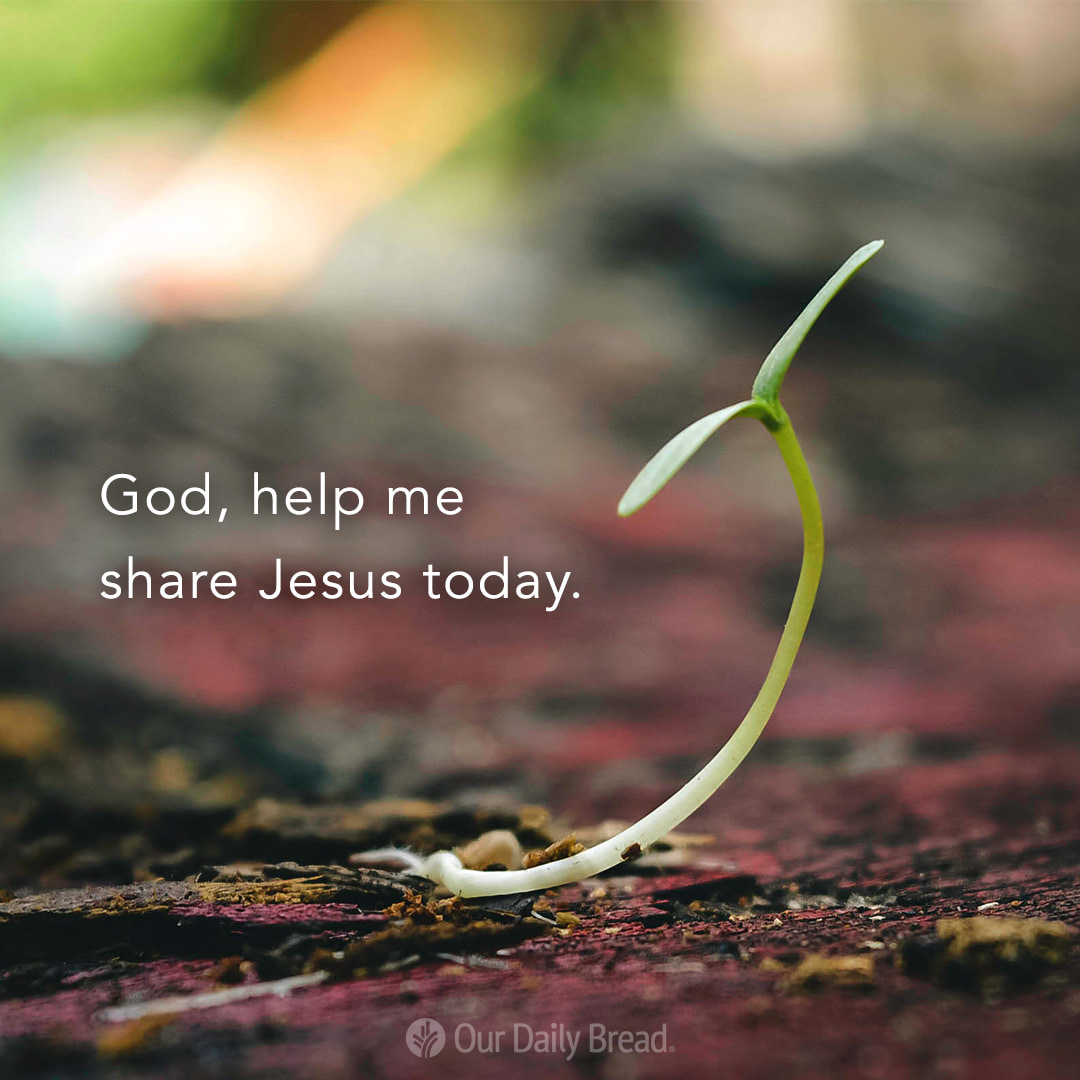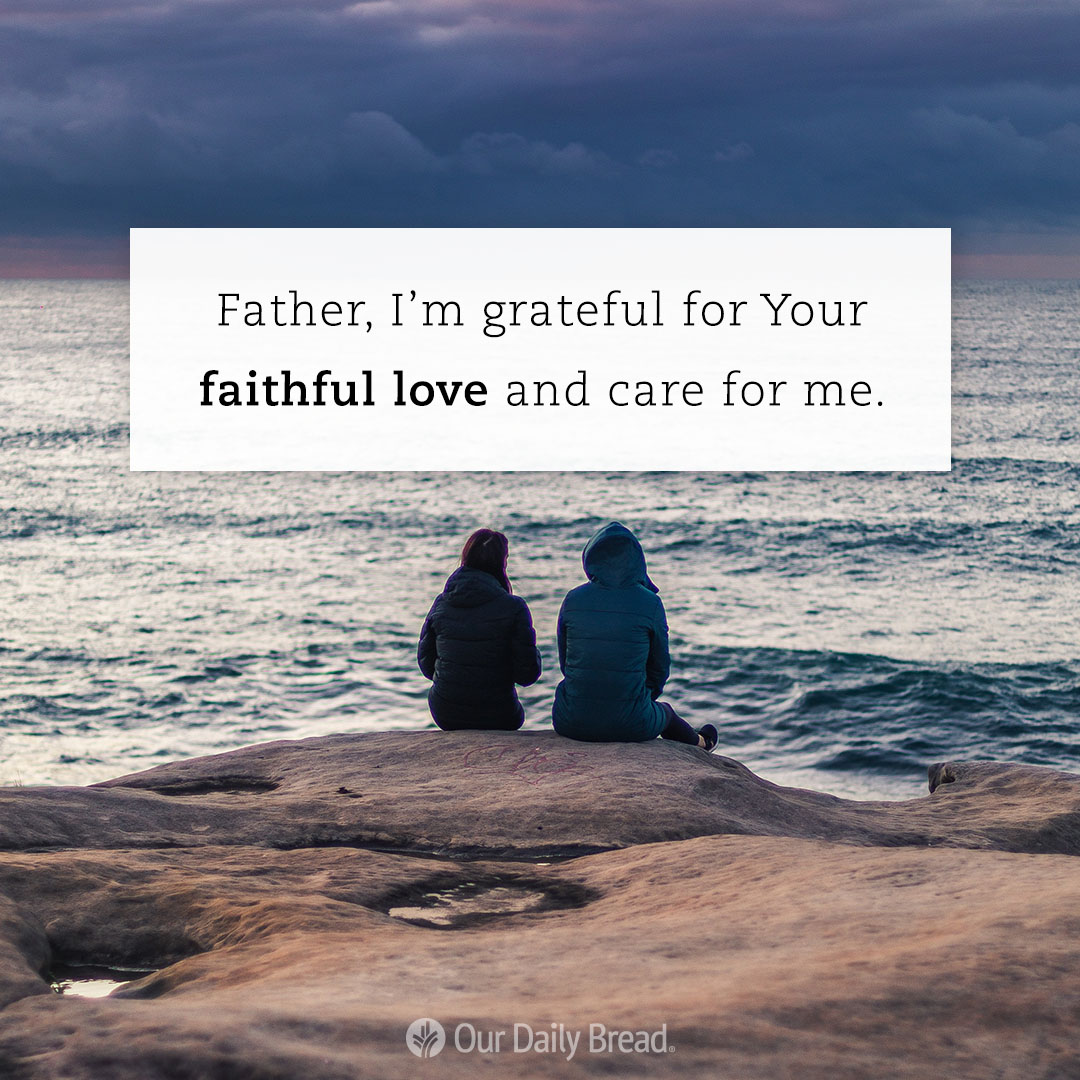
When Knowledge Hurts
Zach Elder and his friends pulled up to shore after a twenty-five-day rafting trip through the Grand Canyon. The man who came to retrieve their rafts told them about the COVID-19 virus. They thought he was joking. But as they left the canyon their phones pinged with their parents’ urgent messages. Zach and his friends were stunned. They wished they could return to the river and escape what they now knew.
In a fallen world, knowledge often brings pain. The wise Teacher of Ecclesiastes observed, “With much wisdom comes much sorrow; the more knowledge, the more grief” (v. 18). Who hasn’t envied a child’s blissful ignorance? She doesn’t yet know about racism, violence, and cancer. Weren’t we happier before we grew up and discerned our own weaknesses and vices? Before we learned our family’s secrets—why our uncle drinks heavily or what caused our parents’ divorce?
The pain from knowledge can’t be wished away. Once we know, it’s no use pretending we don’t. But there’s a higher knowledge that empowers us to endure, even thrive. Jesus is the Word of God, the light that shines in our darkness (John 1:1–5). He “has become for us wisdom from God—that is, our righteousness, holiness and redemption” (1 Corinthians 1:30). Your pain is your reason to run to Jesus. He knows you and cares for you.

Leave the Light On
A hotel chain’s commercial featured one little building standing amidst a dark night. Nothing else was around. The only light in the scene came from a small lamp near the door on the porch of the building. The bulb cast enough illumination for a visitor to walk up the steps and enter the building. The commercial ended with the phrase, “We’ll leave the light on for you.”
A porch light is akin to a welcome sign, reminding weary travelers that there’s a comfortable place still open where they can stop and rest. The light invites those passing by to come on in and escape from the dark, weary journey.
Jesus says the life of believers in Him should resemble that of a welcoming light. He told His followers, “You are the light of the world. A town built on a hill cannot be hidden” (Matthew 5:14). As believers, we’re to illuminate a dark world.
As He directs and empowers us, “they may see [our] good deeds and glorify [our] Father in heaven” (v. 16). And as we leave our lights on, others will feel welcomed to come to us to learn more about the one true Light of the world—Jesus (John 8:12). In a weary and dark world, His light always remains on.
Have you left your light on? As Jesus shines through you today, others may see and begin radiating His light too.

Seeds of Time
In 1879, people watching William Beal would likely think he was loony. They’d see him filling bottles with seeds, then burying them in deep soil. What they didn’t know was that Beal was conducting an experiment that would span centuries. Every twenty years a bottle would be dug up, its seeds would be planted, and researchers could see which seeds would germinate.
Jesus talked a lot about seed-planting, often likening the sowing of seed to the spreading of “the word” (Mark 4:15). He taught that some seeds are snatched by Satan, others have no foundation and don’t take root, and yet others are hampered by the life around them and are choked out (vv. 15–18). As we spread the Good News, it’s not up to us which seeds will survive. Our job is simply to sow the gospel—that is, tell others about Jesus: “Go into all the world and proclaim the gospel to the whole creation (16:15
In the year 2021, another of Beal’s bottles was dug up by researchers. Beal’s seeds from 1879 were planted—and some sprouted, having survived more than 140 years. As God works through to share our faith with others, we never know if our testimony will take root, or when. But we’re to be encouraged that our sowing of the Good News might, even after many years, be engaged by someone who will “accept it, and produce a crop” (4:20).

Love and Lean on God
Zach was funny, smart, and well-liked. But he secretly struggled with depression. After he committed suicide at age fifteen, his mom, Lori, said of him, “It’s just hard to comprehend how someone that had so much going for him would come to that point. Someone like Zach . . . was not exempt from suicide.” There are moments in the quiet when Lori pours out her sorrow to God. She says that the deep sadness after suicide is “a whole different level of grief.” Yet she and her family have learned to lean on God and others for strength, and now they’re using their time to love others who are grappling with depression.
Lori’s motto has become “Love and lean.” This idea is also seen in the Old Testament story of Ruth. Naomi lost her husband and two sons—one who was married to Ruth (Ruth 1:3–5). Naomi grew bitter and depressed and urged Ruth to return to her mother’s family where she could be cared for. Ruth, though also grieving, “clung” to her mother-in-law and committed to staying with her and caring for her (vv. 14–17). They returned to Bethlehem, Naomi’s homeland, where Ruth would be a foreigner. But they had each other to love and lean on; and God provided for them (2:11–12).
During our times of grief, God’s love remains steady. We always have Him to lean on as we also lean on and love others in His strength.
